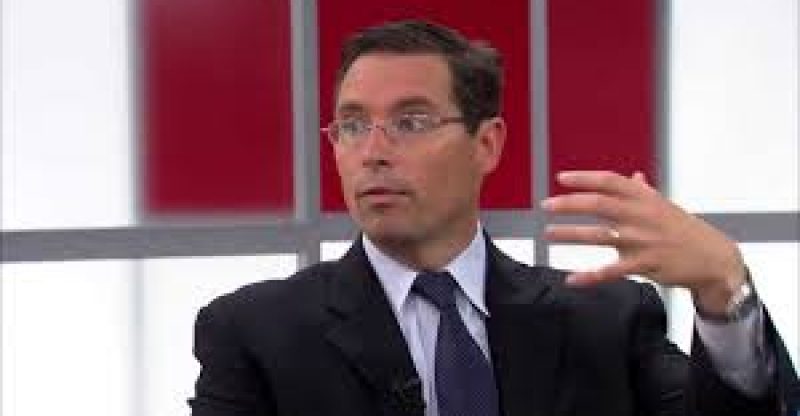Economist Predicts Bitcoin Values will Fall to Zero
According to an economist working for one of the world’s leading asset managers, there is a “decent probability” that the Bitcoin values might possibly hit zero.
In an op-ed published by EFT.com, Joe Davis, the chief economist for the $5.1 trillion worth asset manager Vanguard noted that even though the firm is eager about blockchain technology in general, it is doubtful whether cryptocurrencies have established a strong case for long term use.
“I’m enthusiastic about the blockchain technology that makes Bitcoin possible. In fact, Vanguard is using such technology. As for Bitcoin the currency? I see a decent probability that its price goes to zero.”
Davis goes on to claim that Bitcoin should not be considered as a money, given that while it could be classified as a unit of account and medium of exchange, it is however not an effective store of value. In addition, he noted that rather than being based solely on economic fundamentals, it is based on speculation.
Davis went further to make the following argument:
“The investment case for cryptocurrencies is weak. Unlike stocks and bonds, currencies generate no cash flows such as interest payments or dividends that can explain their prices. National currencies derive their prices from the underlying economic activity of the countries that issue them. Cryptocurrency prices, on the other hand, are generally not based on economic fundamentals. To date, their prices have depended more on speculation about their eventual adoption and use.”
He further urged investors against putting away even a little percentage of their investments on Bitcoin, as this will prevent them from partaking in “tried and true asset classes” while exposing them to an asset class whose investment case is “hardly compelling.”
“As innovation quickens and competition increases, the majority of networks (and their associated cryptocurrencies) may be rendered obsolete, leaving many cryptocurrencies like tulip bulbs in 17th-century Holland—soaring to incredible heights before the speculative bubble pops,” he said, parroting a common-but-dubious analogy. “And, unlike tulips, they don’t look very nice in a vase.”





